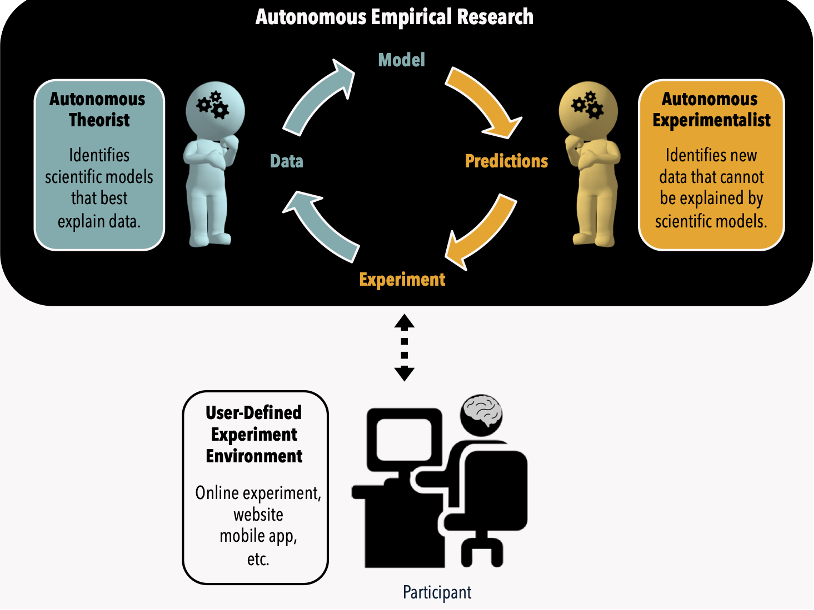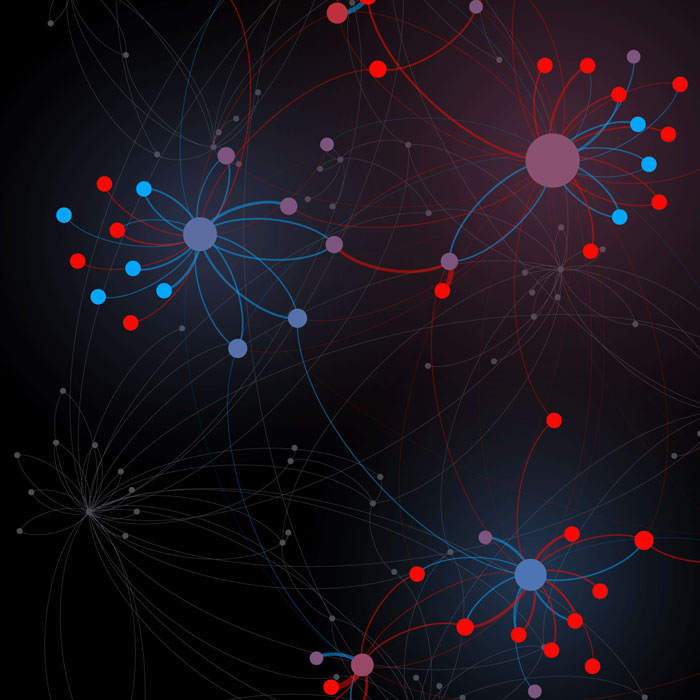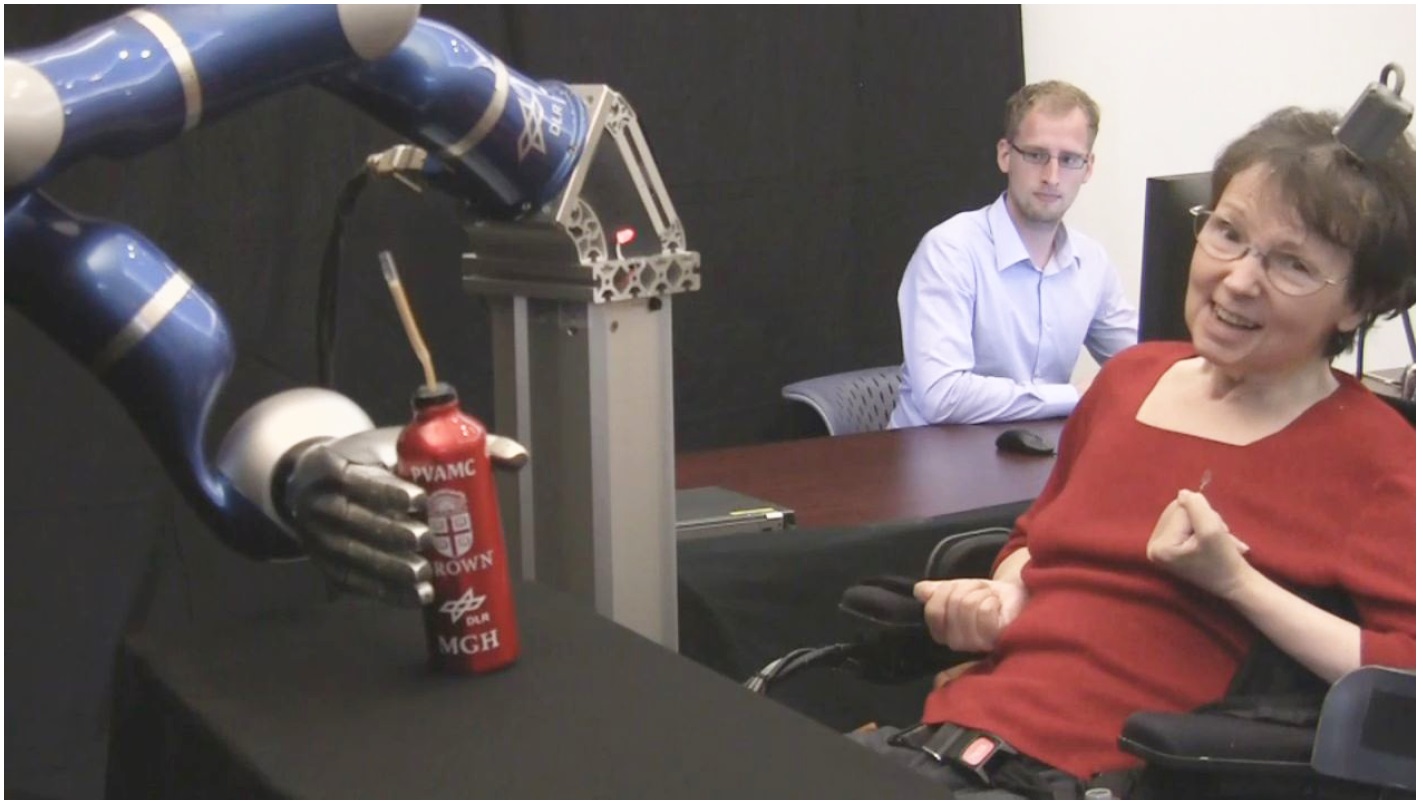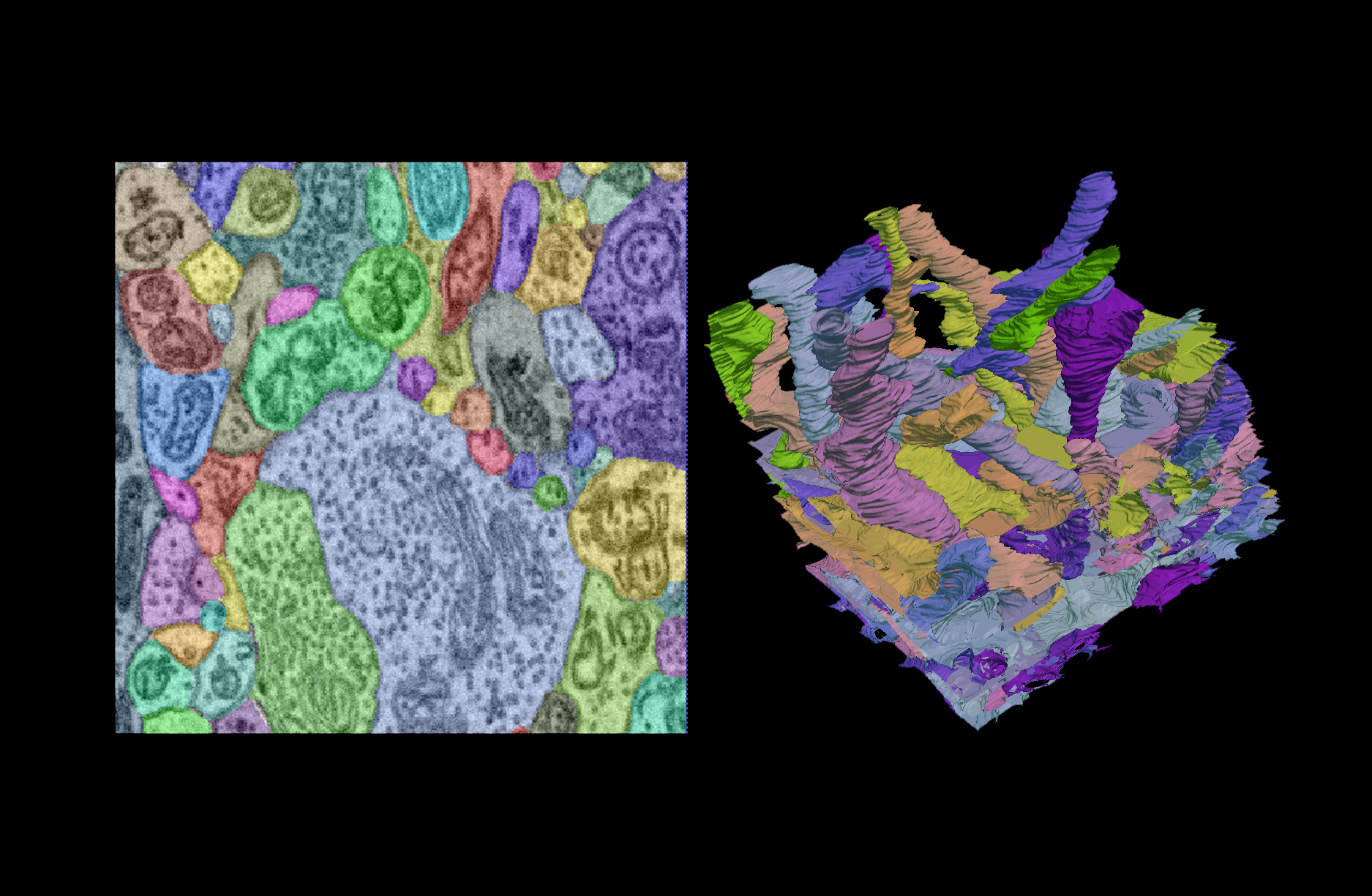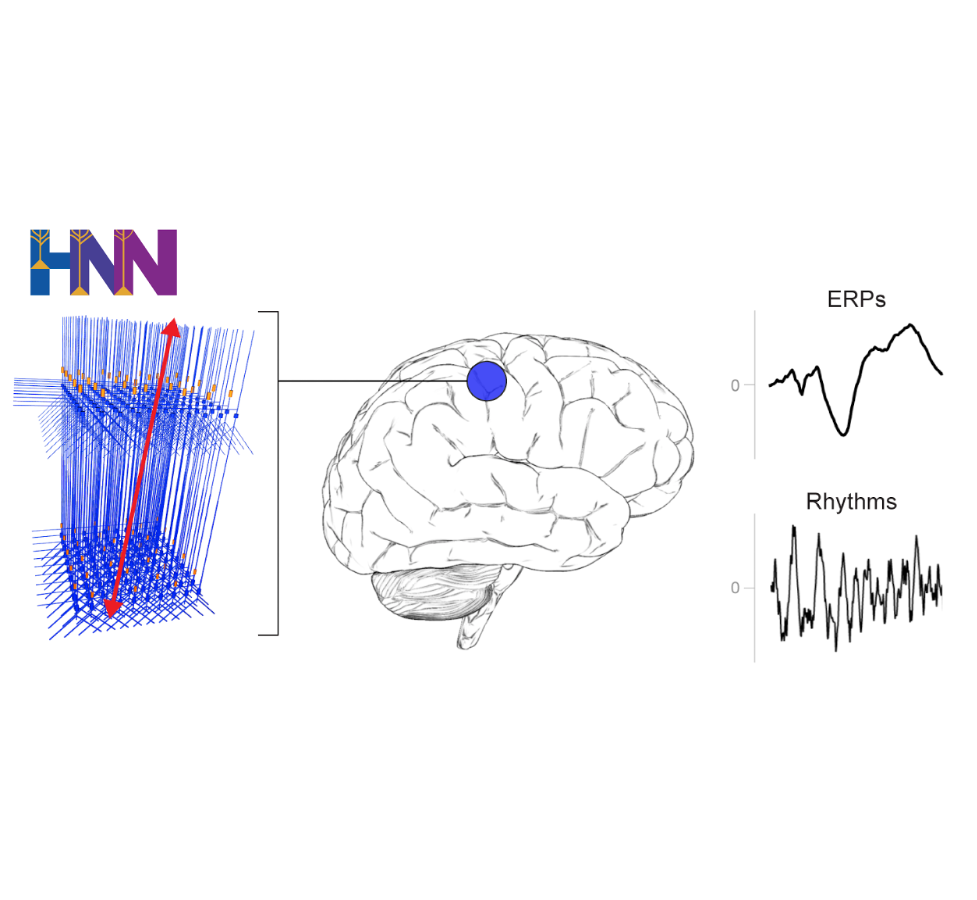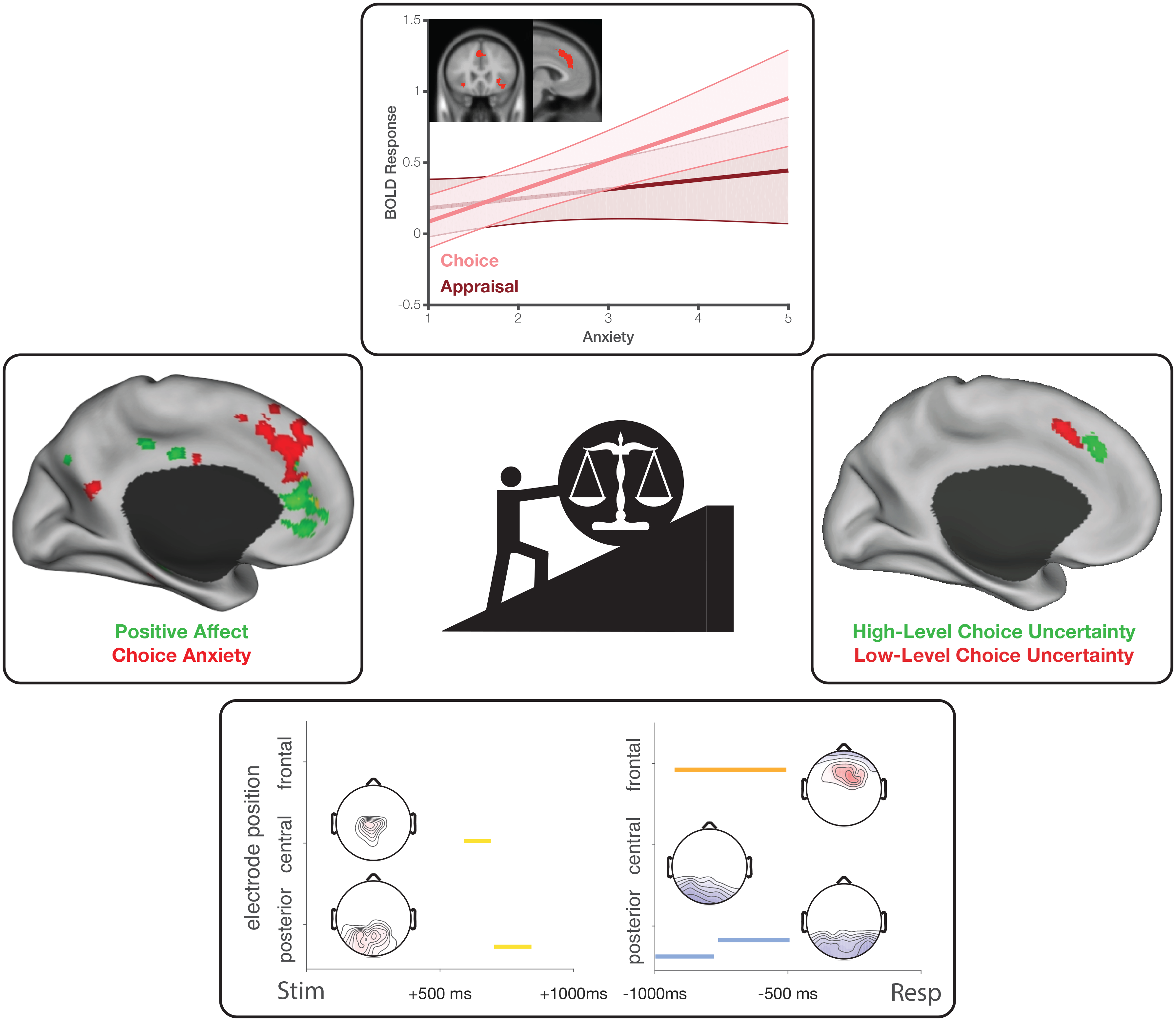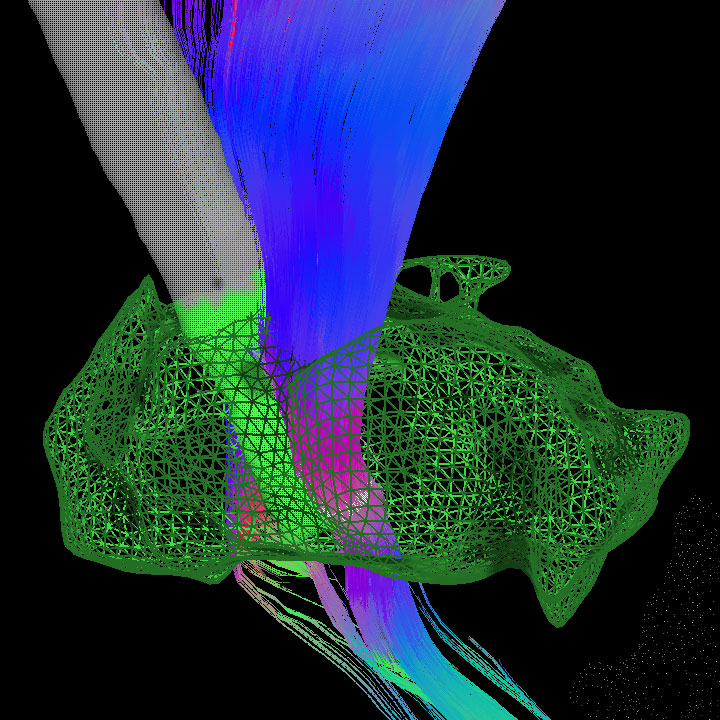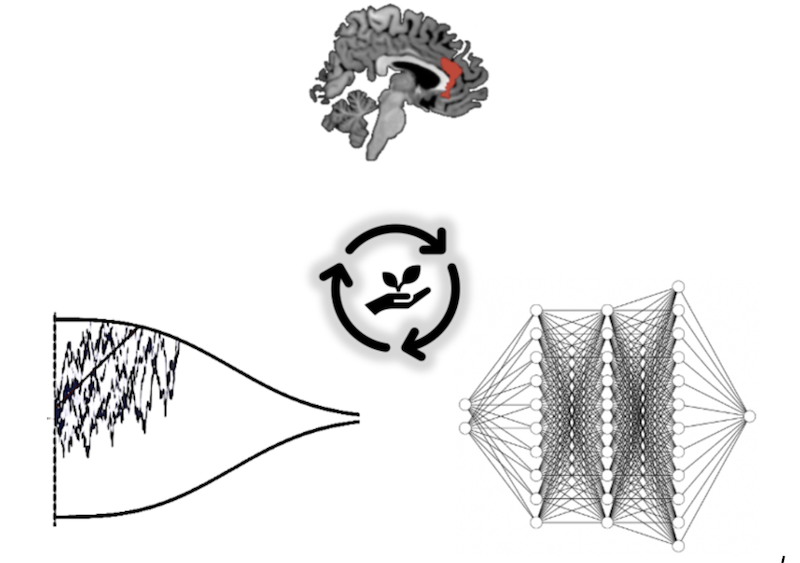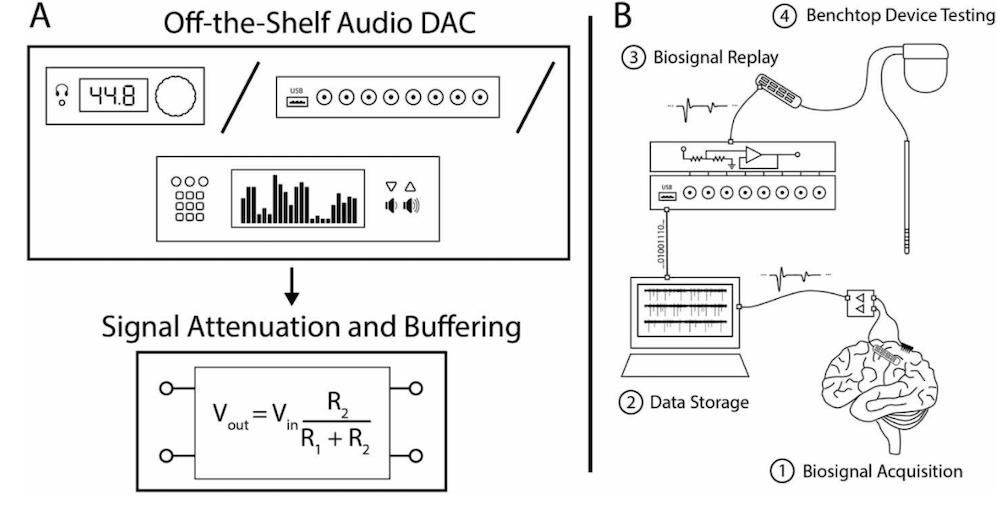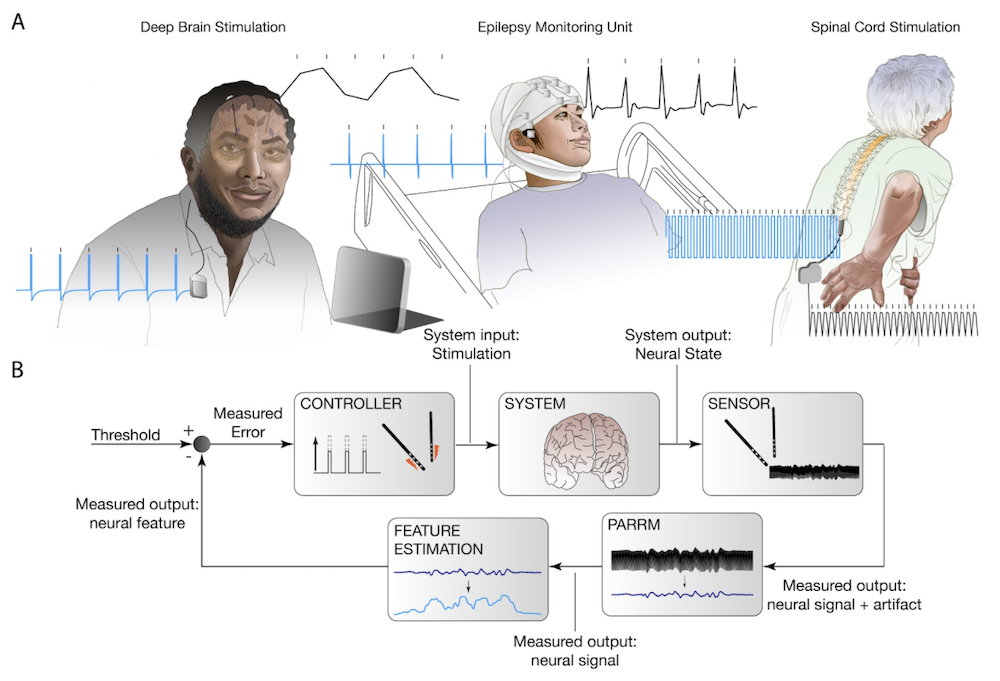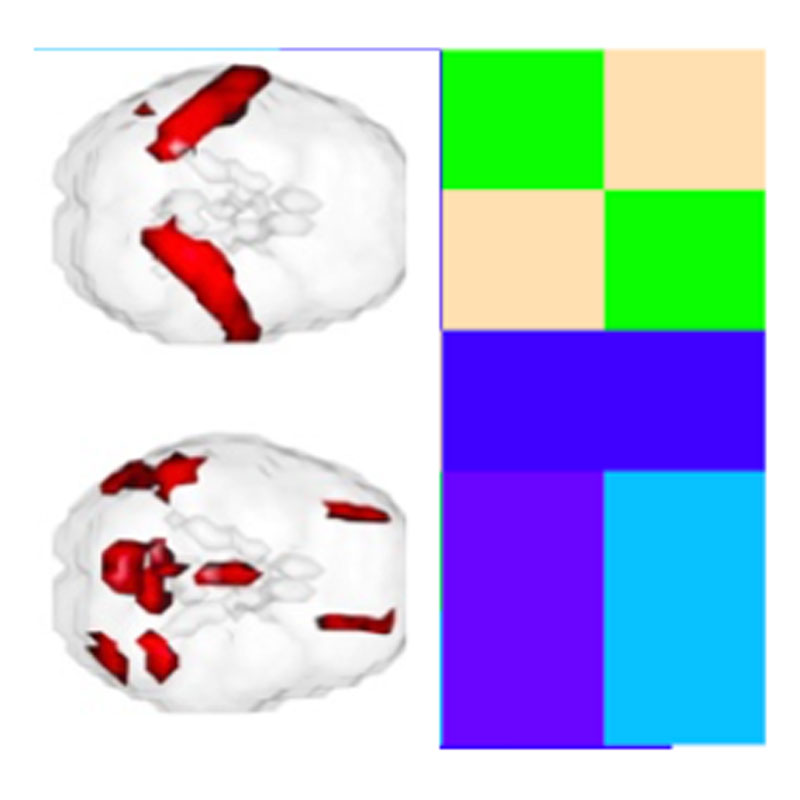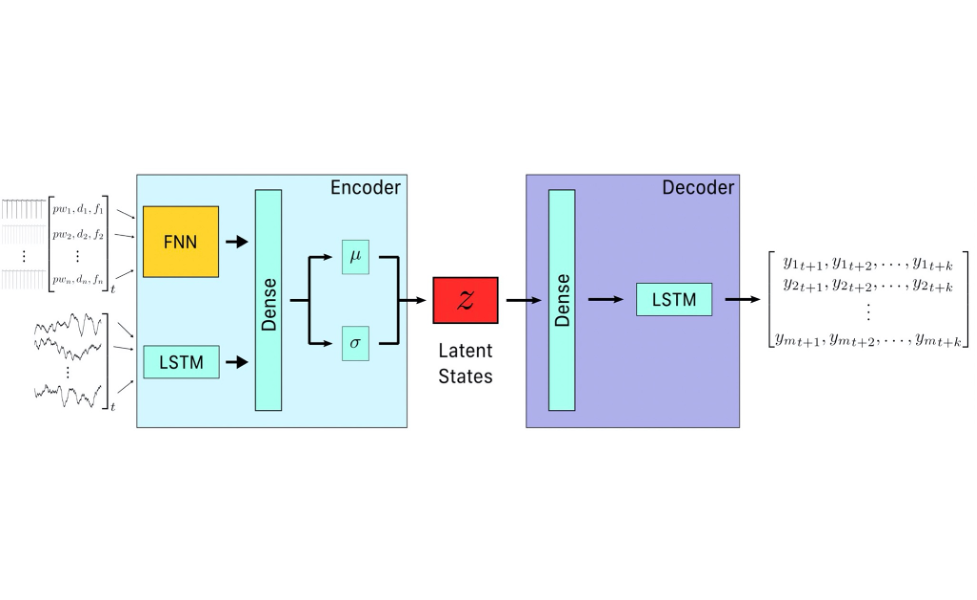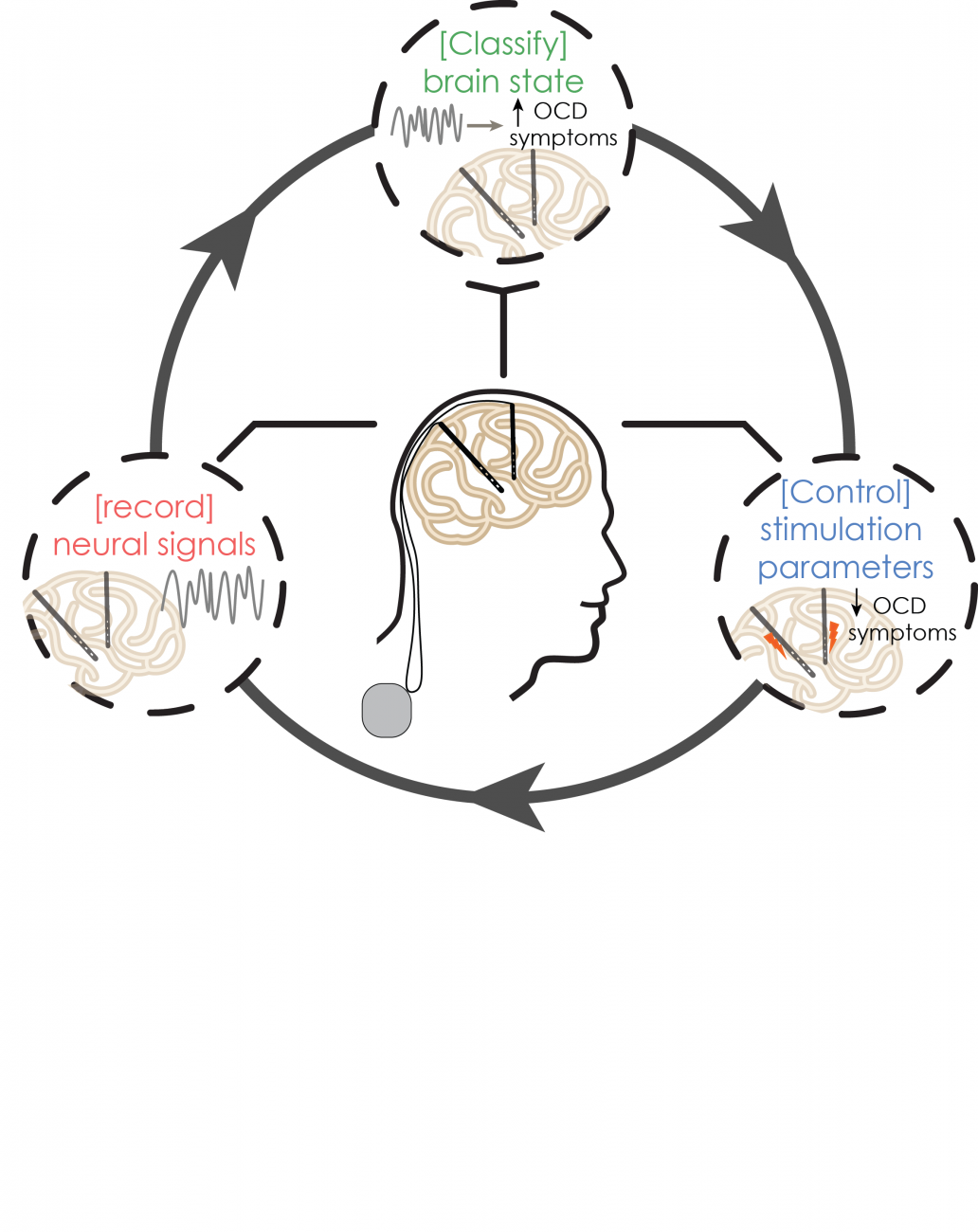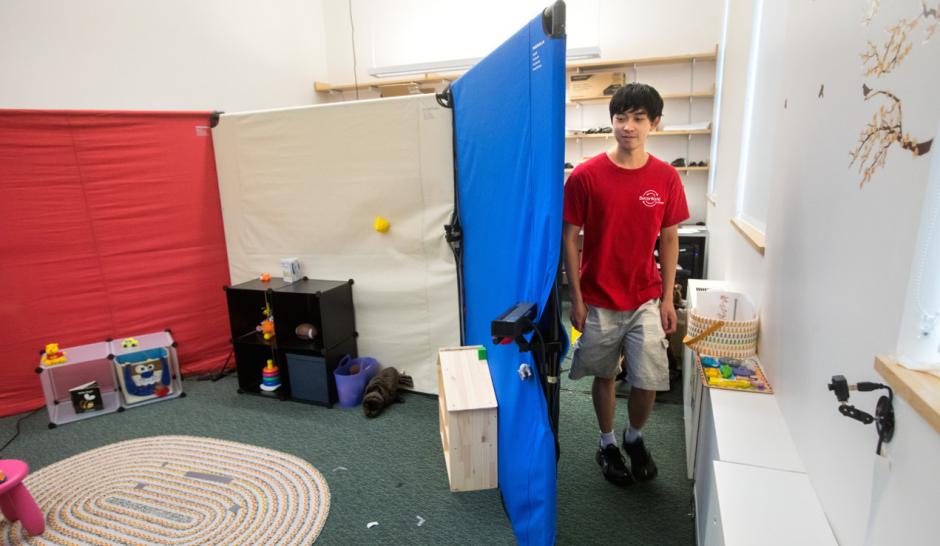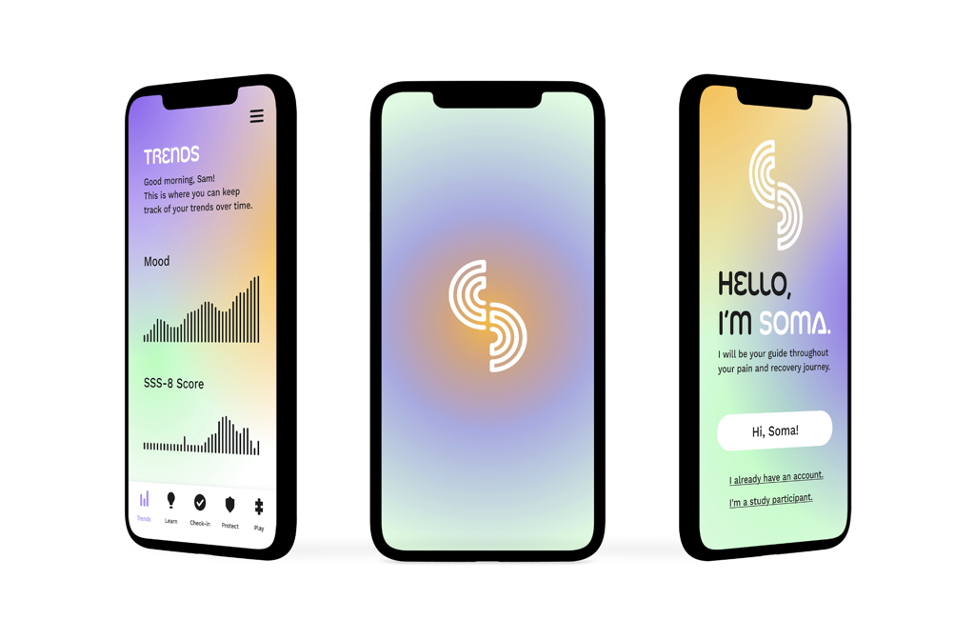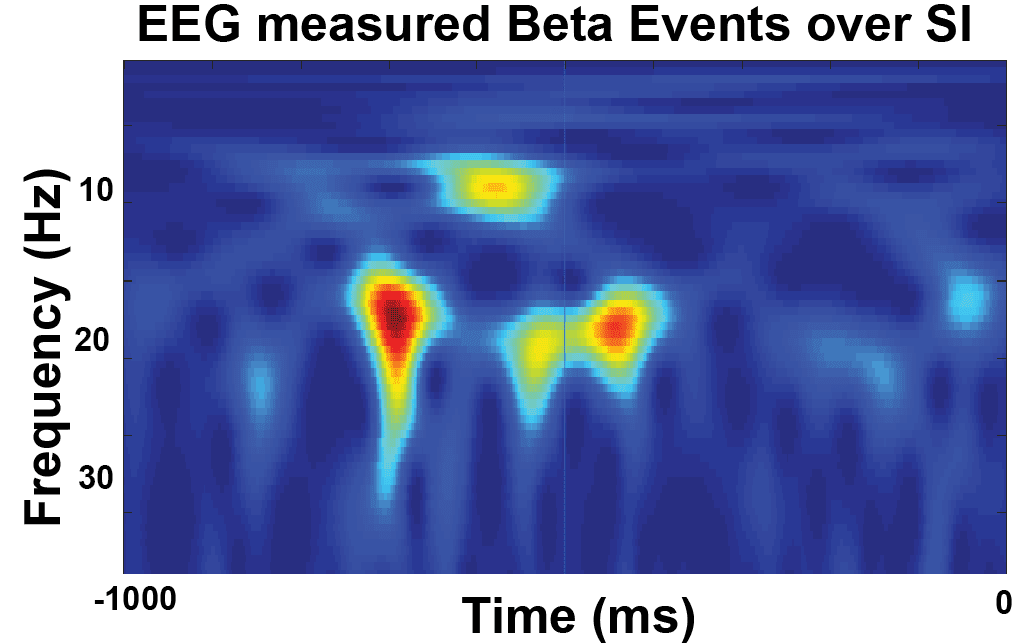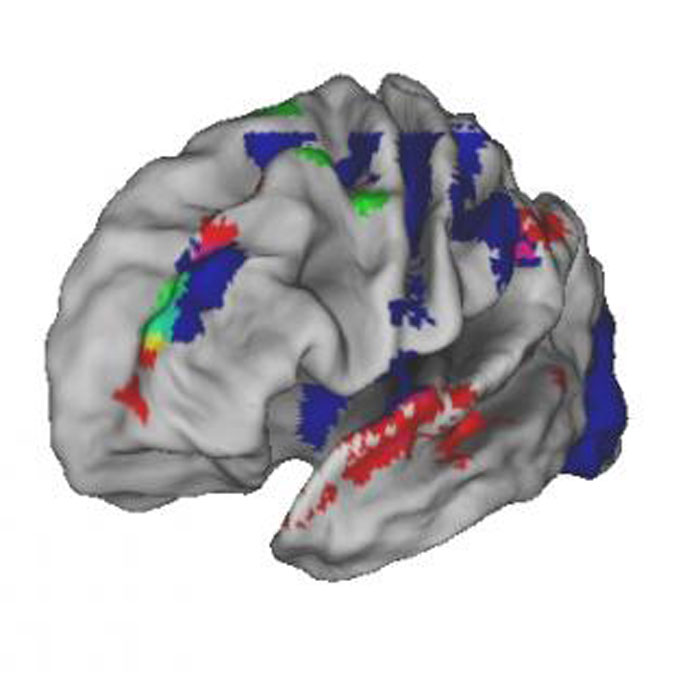As research strives to understand how the brain computes and stores information, computational neuroscience is increasingly at the core of the inquiry. The growing field employs sophisticated mathematics, theoretical analysis and modeling to understand the function of neural circuits and how circuits generate behavior, whether beneficial or not. A prime area of research at the Carney Institute for Brain Science involves innovative advances in computational neuroscience to address behavior and mood disorders, using understanding of neural circuitry to predict who is most at risk and how best to apply therapies, whether through drugs or devices.
The Carney Institute is a collaborative hub for computational brain scientists who are revolutionizing their field. The institute’s Center for Computational Brain Science leverages existing synergies and establishes shared infrastructure, setting itself as a destination for scientists around the world looking to acquire high-level computational skills.

